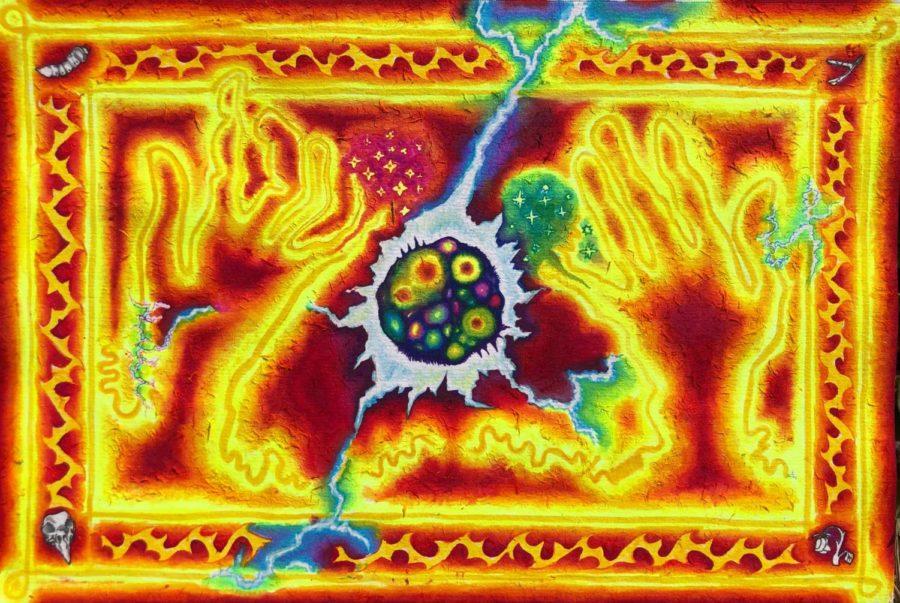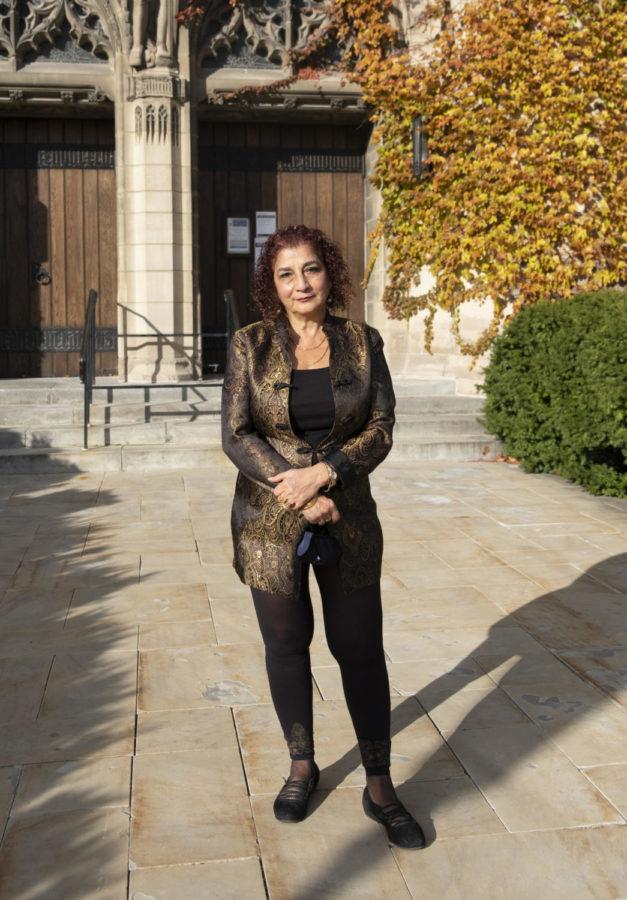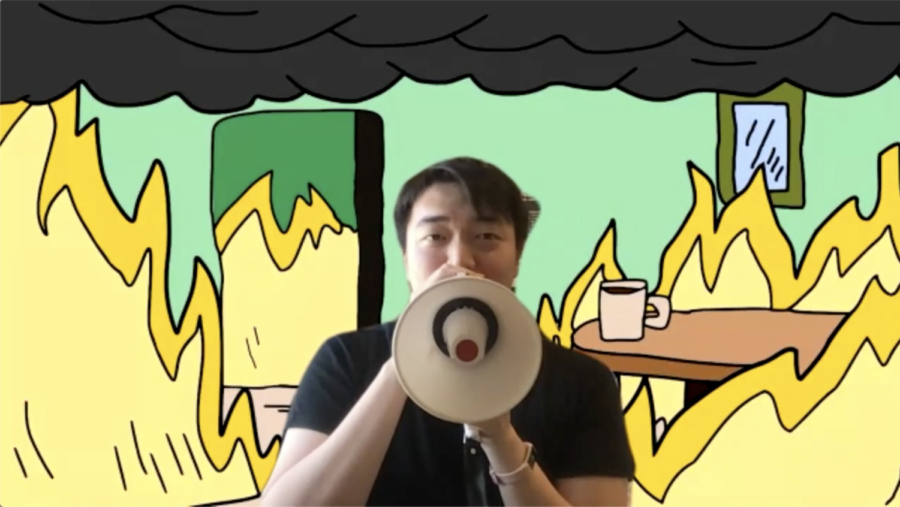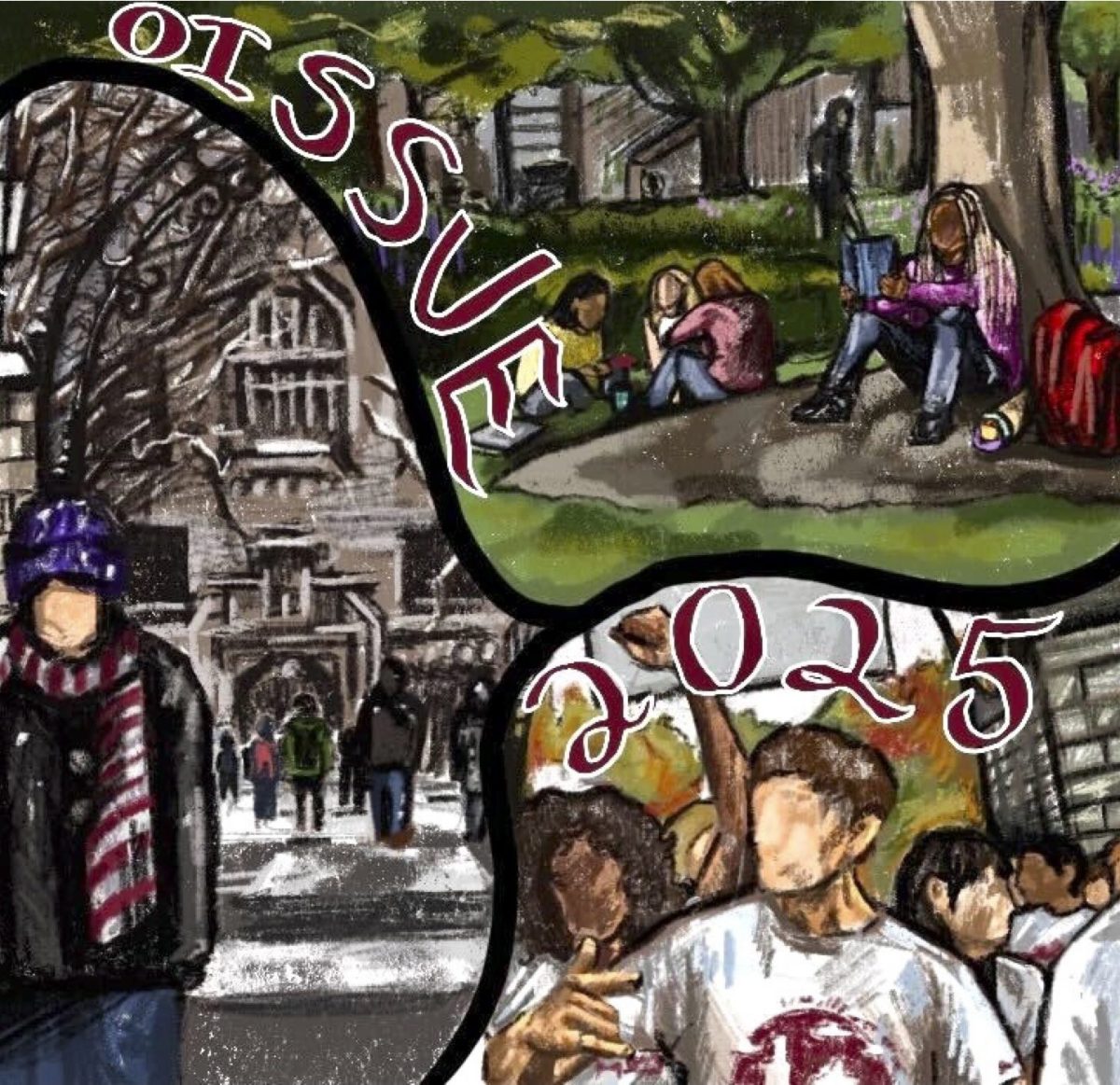For better or for worse, human relationships have been altered by the COVID-19 pandemic. While some people’s relationships are accelerating as social circles become more limited, others are experiencing a more difficult shift in their love lives, otherwise known as the pandemic breakup. Spoiler alert: Breakups are never fun, no matter how necessary. In the middle of an already difficult pandemic, the feelings of confusion and sadness from a split are intensified by the circumstances. Despite this unfortunate timing, if you find yourself thinking about a breakup or in the midst of one, there are still opportunities for recovery, and chances are it will yield growth in the end.
If you feel like you’ve been hearing about a lot of breakups recently or have experienced one yourself, that may be due in part to a trend of breakups catalyzed by the pandemic. The jury’s still out on the impact of the pandemic on separations, but there has been an increase in divorce-related inquiries. A poll found that nearly one-third of married or partnered respondents felt more annoyed with their partner or spouse than normal, and one-fifth said they were fighting more than normal. Historical trends during similar periods of economic downturn suggest that the increase in separations and strife is not all that surprising. While married and partnered couples may face challenges different from those of most college students, it’s not difficult to see how the pandemic could cause similar issues for those of us still on campus.
The pandemic introduces a wide variety of stressors on any kind of relationship. Partners may not be able to see each other in person if either faces high levels of exposure to the coronavirus or if one of them is immunocompromised. For some couples, the pandemic has revealed that one person in the relationship takes the virus more seriously than the other, leading to tense situations when partners disagree about safety. Other likely pandemic-linked causes of tension are increased stress and mental health challenges, which make maintaining a relationship more difficult, especially from a distance.
Lastly, if a couple spends more time together, fundamental differences and annoyances that were not as obvious before might be revealed. If a relationship had “invisible issues” prior to the pandemic, these drawbacks may become more apparent without outside distractors. After the surface-level issues have been stripped away, a deeper lack of compatibility in the relationship might be revealed. While it may be easy to point to the pandemic as the reason for a breakup, there is a good chance the relationship was meant to end either way. In the same way that some are reevaluating their career goals or considering whether to relocate, people are being forced to take a more serious look at their relationships and the qualities important to them in a partner. The pandemic won’t last forever, and perhaps a relationship experiencing difficulties right now will improve after it ends. But if you’re questioning the longevity of the relationship, it likely won’t last.
While in some cases people may become closer while experiencing hardships, in other cases those hardships become the reason the relationship ends. That being said, not all relationships are meant to last for a long period of time. It is possible for partners to know that things aren’t ideal but to agree that they don’t need an ideal relationship for the moment. Furthermore, relationships offer a sense of security during a time period when so much is uncertain, and the ability to rely on people in your life is important. However, if you discover that you cannot find ways to manage difficulties in the relationship, it might be time to end things.
Recovering from a breakup during the COVID-19 pandemic also presents unique difficulties. Prior to the pandemic, one might deal with a recent breakup by going out on the weekend with friends to distract themselves and maybe meet new people. Obviously, everyone is much more confined to their living spaces than before. This is further complicated by the need to be extra transparent with whoever is in your quarantine circle, whether they be partners, roommates, or family members, with regard to who you are seeing. This diminishes privacy when beginning to date again. Between the increased difficulty of meeting new people in person and the extra time spent indoors, it might also be harder to distract oneself from thoughts of the breakup or of an ex. The idea of moving on is daunting when the timeline for a return to true “normalcy” is so vague. However, there are silver linings and ways to move on, even during a pandemic, so don’t stay in a relationship you’re not enjoying to avoid a breakup.
When trying to get over the breakup, the most important thing to remember is to be kind to yourself. Do activities that make you happy, whether that means watching movies (may I recommend Under The Tuscan Sun?), learning a new skill (consider something creative like painting), or listening to whatever music you need to hear (you can’t go wrong with Adele). However, the pandemic is also an opportunity to seek out and celebrate other types of love. With “normal” social lives on pause, there is more time to turn to platonic friendships by reconnecting with old friends and forming deeper connections with new ones. Even after a romantic split, your life can overflow with love for family, close friends, and yourself. Before the pandemic, people may have felt pressure to move on and rejoin the dating scene quickly; now, there is truly no rush because of the limitations affecting everyone. Additionally, there are still many ways to meet new people in a COVID-safe way.
Although a breakup may feel isolating, especially now, recent inductees to the pandemic split club should remember that they’re far from alone. While there are additional challenges, they are certainly not too difficult to overcome. Present and future love still exists after a split, even in 2021.
Sylvia Ebenbach is a third-year in the College.



















